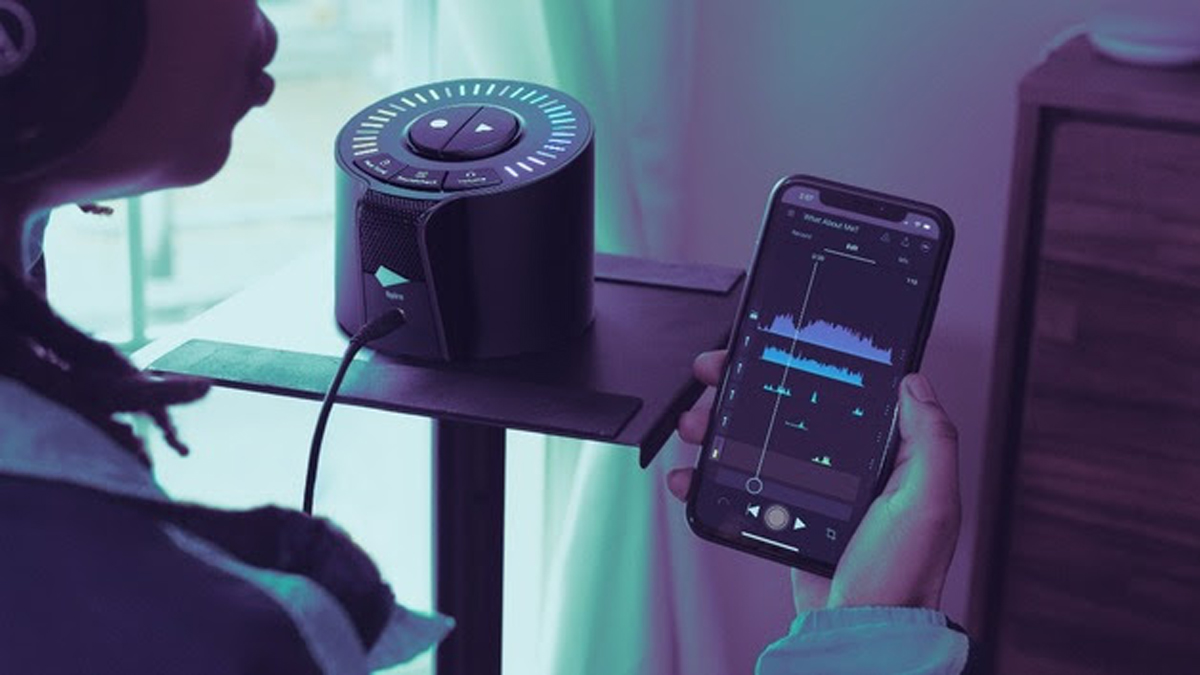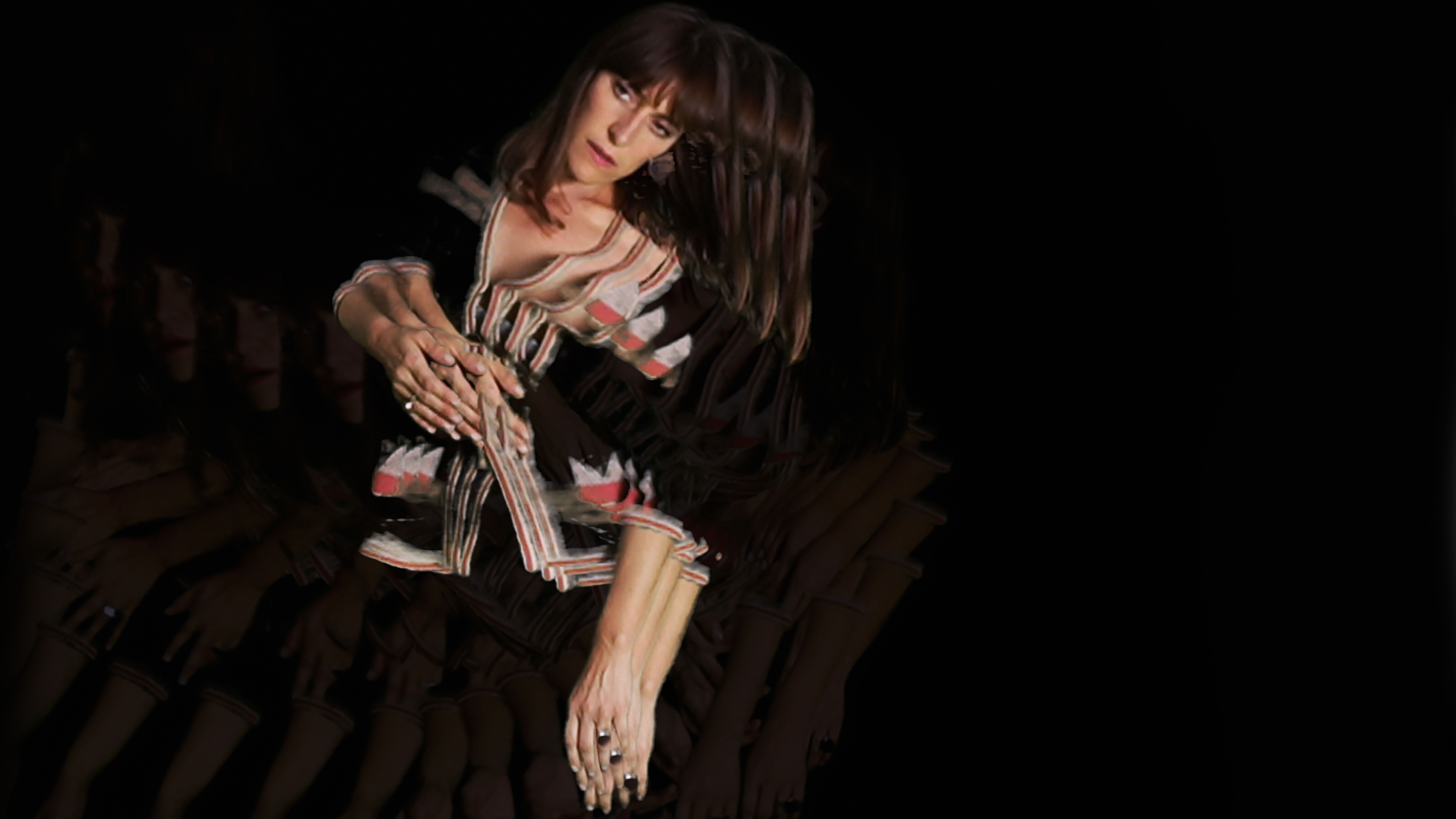Feist says she gave up on GarageBand because ‘they made it more like Pro Tools”, and now records using iZotope’s Spire instead
“I used it for years and they kind of just made it more complicated, and I didn’t have the will to figure it out,” the Canadian musician admits

Apple’s GarageBand has long been a favourite among singer-songwriters who want to record demos, but Feist says that she’s now given up on the software because “they made it more like Pro Tools”.
Speaking to MusicRadar, the Canadian musician - real name Leslie Feist - reports that when she was writing Multitudes, her new album, she sought out a different home recording solution that was better suited to her requirements.
"I was sent a digital eight-track by Spire,” she says, referring to iZotope’s hardware of that name. “I had it in a drawer and then one day, when I was using my iPhone as a dictaphone, I was kind of frustrated that I didn’t have my four-track going anymore and that I didn’t use GarageBand anymore because they made it more like Pro Tools.”
What was it though, that turned Feist against Apple’s entry-level DAW? “I loved it before!” she reports. “I used it for years and they kind of just made it more complicated, and I didn’t have the will to figure it out.
GarageBand has certainly gained a few more features down the years, but this is the first time we’ve heard it being compared to Pro Tools. Ironically, developer Avid has been taking steps to make that software more approachable recently, releasing a new free version aimed at beginners late last year.

Feist certainly isn’t alone in thinking that recording software is too complicated, though. Speaking to MusicRadar last year about his plans for PreSonus, which Fender acquired in 2021, the guitar giant’s CEO Andy Mooney said: “Having dabbled in recording myself, I’ve never found a DAW I didn't need an MIT degree to actually use. You shouldn't need to spend more time figuring out how to use a DAW than you do creating.”
He later added: “The brief, if you like, for an entry-level studio product, would be a digital equivalent of an analogue four-track recorder, right? And in fact, even that's too complicated because these days with digital, you can have a guitar and then hit one button and you'll get drums and bass, so you can sit down and just record intuitively.”
Get the MusicRadar Newsletter
Want all the hottest music and gear news, reviews, deals, features and more, direct to your inbox? Sign up here.
That would seem to chime with Feist’s requirements. Indeed, she makes the same comparison to old analogue home recording gear, and says that Spire was the tool that managed to get closest to that kind of workflow.
"I didn’t have my cassette four-track around anymore and I thought, 'What about that thing? Maybe I can figure that out,' and it was just such a great tool,” she says.
Spire is a wireless ‘smart’ recording device that syncs to a cloud-based suite of production tools. Made for vocalists and instrumentalists, it’s designed to enable even the most technophobic musicians to capture their performances at decent quality. The hardware features an onboard mic, two phantom-powered combo inputs for mics and instruments, and two headphone outputs. There are effects, too, as well as an auto-mastering tool that’s powered by iZotope’s Ozone software.
Discussing Spire further, Feist says: "I figured out how to trick the gain so that I really could create some different tones. “I really understood how to crank the gain but put it far away, or crank the gain and keep it close. I would put it up on 15 books, so that the microphone in it was near my mouth, but my guitar was lower than it, and that would create a natural balance between the two.”
Feist’s new album, Multitudes, is available now. You can find out more and book tickets for her North American tour on the Feist website.



I’m the Deputy Editor of MusicRadar, having worked on the site since its launch in 2007. I previously spent eight years working on our sister magazine, Computer Music. I’ve been playing the piano, gigging in bands and failing to finish tracks at home for more than 30 years, 24 of which I’ve also spent writing about music and the ever-changing technology used to make it.









